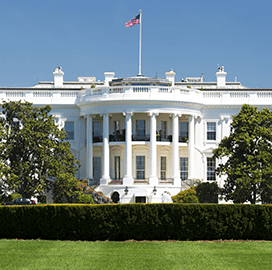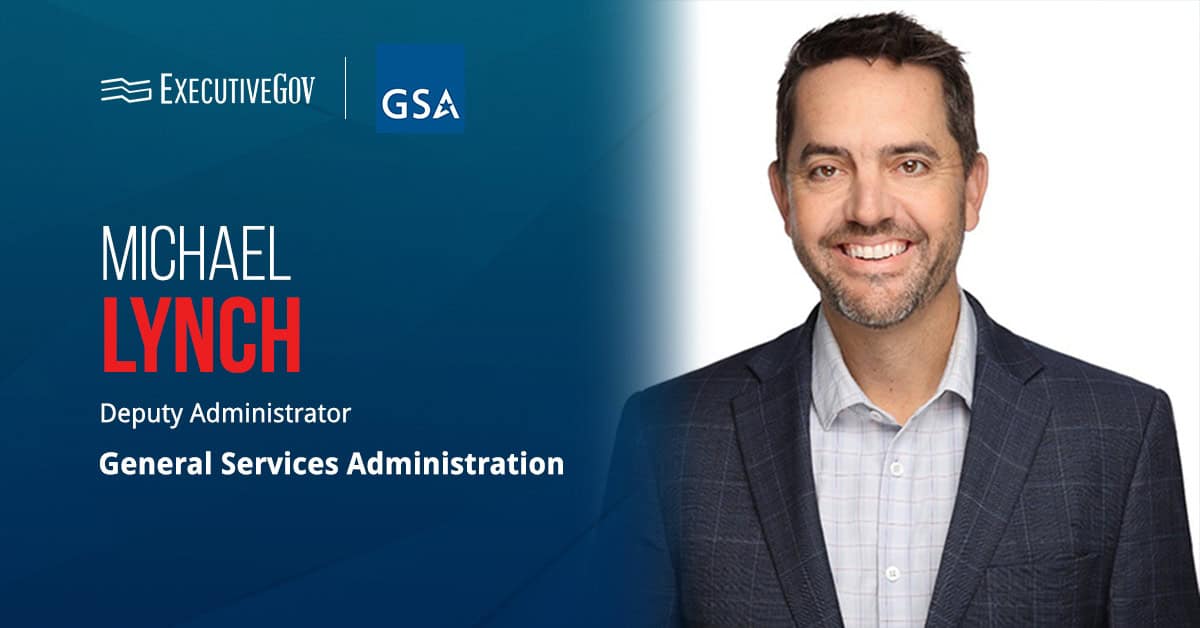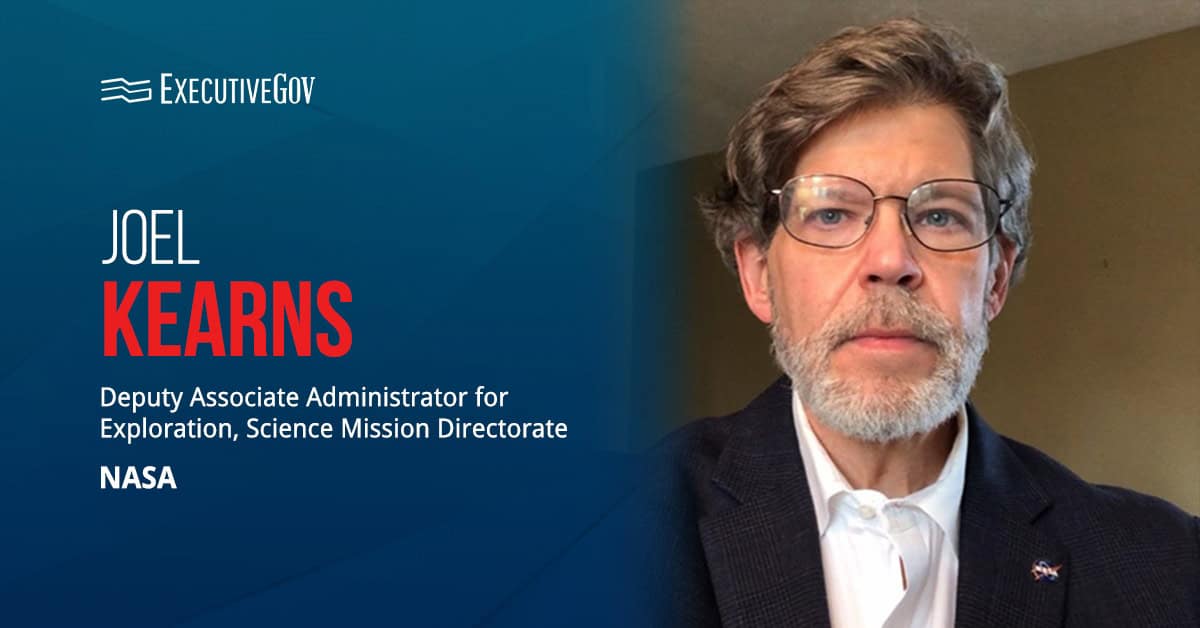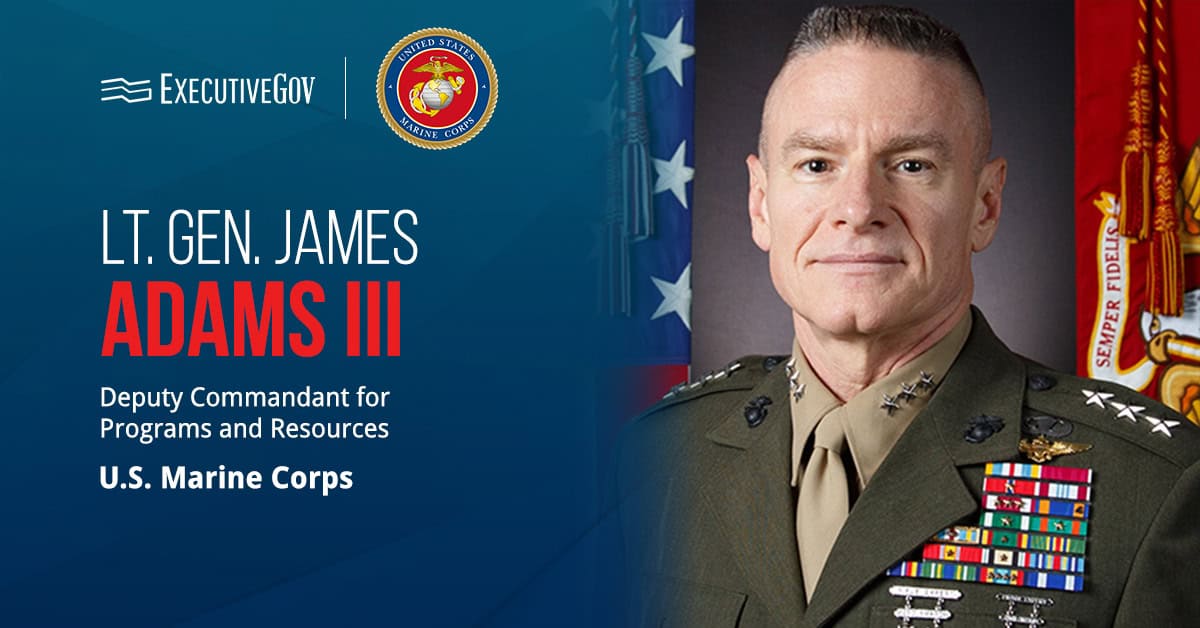President Joe Biden on Thursday signed into law a stopgap funding measure to keep the federal government operational through early 2024.
The continuing resolution would provide fiscal year 2024 funding through Jan. 19 for continuing federal projects and activities included in four appropriations measures, the White House said Friday.
These include veterans benefits, agriculture, military construction, housing, transportation and urban development.
Funding for defense and all other federal operations under eight appropriations bills will run until Feb. 2.
Biden’s signature came a day after the Senate passed the CR in an 87-11 vote. The House on Tuesday voted 336-95 to approve the stopgap bill to avoid a government shutdown.





